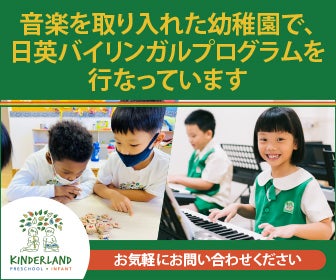Springでは日本の大学で学んだ経験のあるアジアの学生に日本で学ぶことの魅力や日本・日本語への興味についてお話を聞いています。
シリーズ16人目は、国際基督教大学(ICU)で学ぶ、シンガポール出身のハナ・リー フェイ ウェンさんです。
Name: Ms. Hannah Lee Hwei Wen
(ハナ・リー フェイ ウェン)
Being in Japan has helped me form many new opinins of my own.

Currently studying at International Christian University(ICU), major in Language Education and minor in Sociology.
Educational Background
Primary school: St. Margaret’s Primary School
Secondary school: St. Margaret’s Secondary School
Pre-university: Anglo-Chinese Junior College
Q. Please tell us your study at ICU.
I’m currently a student at International Christian University (ICU) aiming to major in Language Education and minor in Sociology. As ICU offers a liberal arts education, you are free to explore any classes you want for the first two years before making any decisions about your major or minor. One advantage of this system is that you get to experience different fields of study and come to your own conclusion as to what suits you best. Initially, I had no plans to minor in Sociology, but after attending one class I realised how much I liked it. This system’s flexibility thus encourages you to be open-minded and can help you find your real passions.
Even though my mother tongue is Chinese, I was never very good at it since my entire family, including my grandparents, does not speak the language. However, since I was interested in Japanese pop-culture and thought it was a beautiful language, I decided to go to a private language school in my own time to study Japanese when I was 13. Subsequently, I studied Japanese for 2 hours a week for the next three years, but stopped because of my busy school life. Because it was just a hobby for me, I was not as good at Japanese as the others who had studied the language for the same number of years, and the grammar was especially difficult for me to grasp. However, when I entered university, my Japanese was good enough to understand conversations.
Even though I could not speak the language very well, this allowed me to participate in conversations and make many Japanese friends when I first arrived.
Q. What is your life like in Japan?
Even though I study in Japan, I have been told that my experience of “Japan” is different because of the school I go to. I’ve been told the students at ICU are much more open-minded and progressive in their thinking as compared to students from other universities. Additionally, as the name suggests, the school is international and thus I not only hang out with Japanese students on a daily basis, but also with students from all around the world e.g. U.K., Korea, Hong Kong. As such, I’ve had many great experiences with many different cultures and languages. One thing I feel is different from Singapore, is the pace of studying, where Japan has a slower and more relaxed pace. Although it took me a while to get used to slowing down, this was a good thing for me because I got to explore more things about myself and the people around me instead of always concentrating on my academic work. My typical day is spent going to school, doing school work, doing something I like that has no relation to school e.g. reading a book, dancing, drawing, and then talking to my friends late at night in the dormitory. Because I’ve done extensive research on Japan before coming, my impression of Japan has not really changed after coming, and I can say that a lot of what I’ve seen online about Japan is quite true. However, one thing I’ve definitely learned to do differently since coming is to be more understanding and less critical of cultural differences that I encounter.I learnedthat these differences are what makes a country beautiful in its own way.
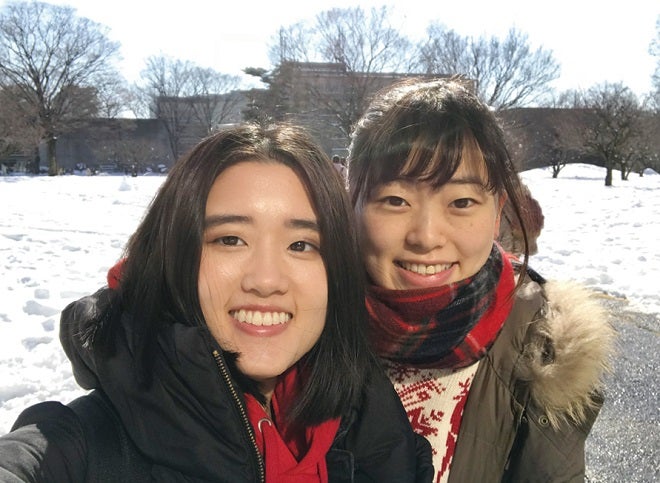 at ICU when it snowed last year
at ICU when it snowed last yearQ. What is your future dream?
Being a lover of both the English and Japanese language, I plan to become an English teacher in Japan so I may dabble in both. This has been my dream ever since I was 14. I do not have any specific school in mind because I have not properly looked into anything yet, but I am trying to keep an open mind. As a teacher, I would like not only to share the beauty of the English language with students, but also guide them through a very crucial and important period of their lives as they grow up.
Q. Any message to students studying Japanese, or students who are considering to study in Japan?
For those considering studying abroad in Japan, I would definitely encourage it! Although, as with any country, Japan is not perfect, Japan is very unique and is a country that offers very different perspectives and outlooks. Being here has helped me form many new opinions of my own. Moreover, studying abroad in itself,especially in a country that does not have English as its first language, is a good opportunity for you to grow as a person and experience independence. For those worried about their Japanese language ability, much of my improvement came from being in Japan and practising Japanese every day with those around me, so there is no need to worry. As long as you put in effort into using the language and studying it, you will see improvement. There are also many schools that offer courses in English if you are not confident in taking university classes in Japanese, so definitely research your options and do not be discouraged.
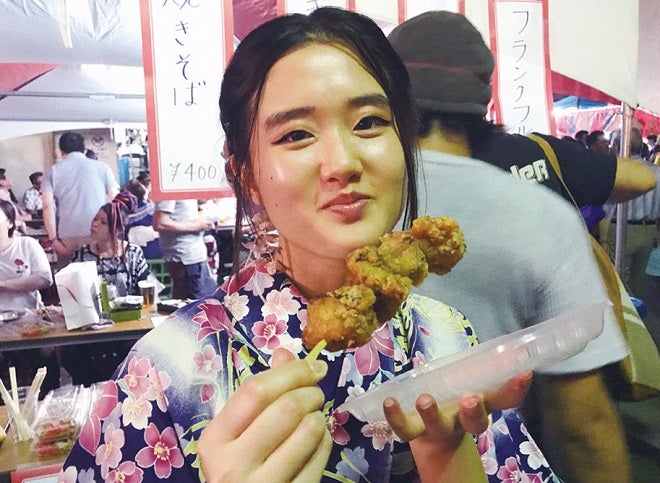 at a Japanese Obon Festival over the Summer
at a Japanese Obon Festival over the Summer※国際基督教大学(ICU)に関する情報はこちら
https://spring-js.com/japan/7288/
Visit our website to read about other students studying in University of Tokyo, Nagoya University, ICU and more!
東京大学、名古屋大学、国際基督教大学、大阪大学などで学ぶ留学生の皆さんの記事はこちら
<Study in Japan>
https://spring-js.com/education/education01/study-injp-and-jp/






_Nov.jpg?optimize&width=320)
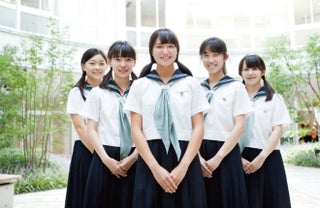
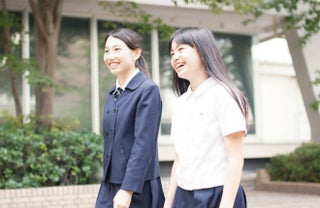













.gif?optimize&width=360)

